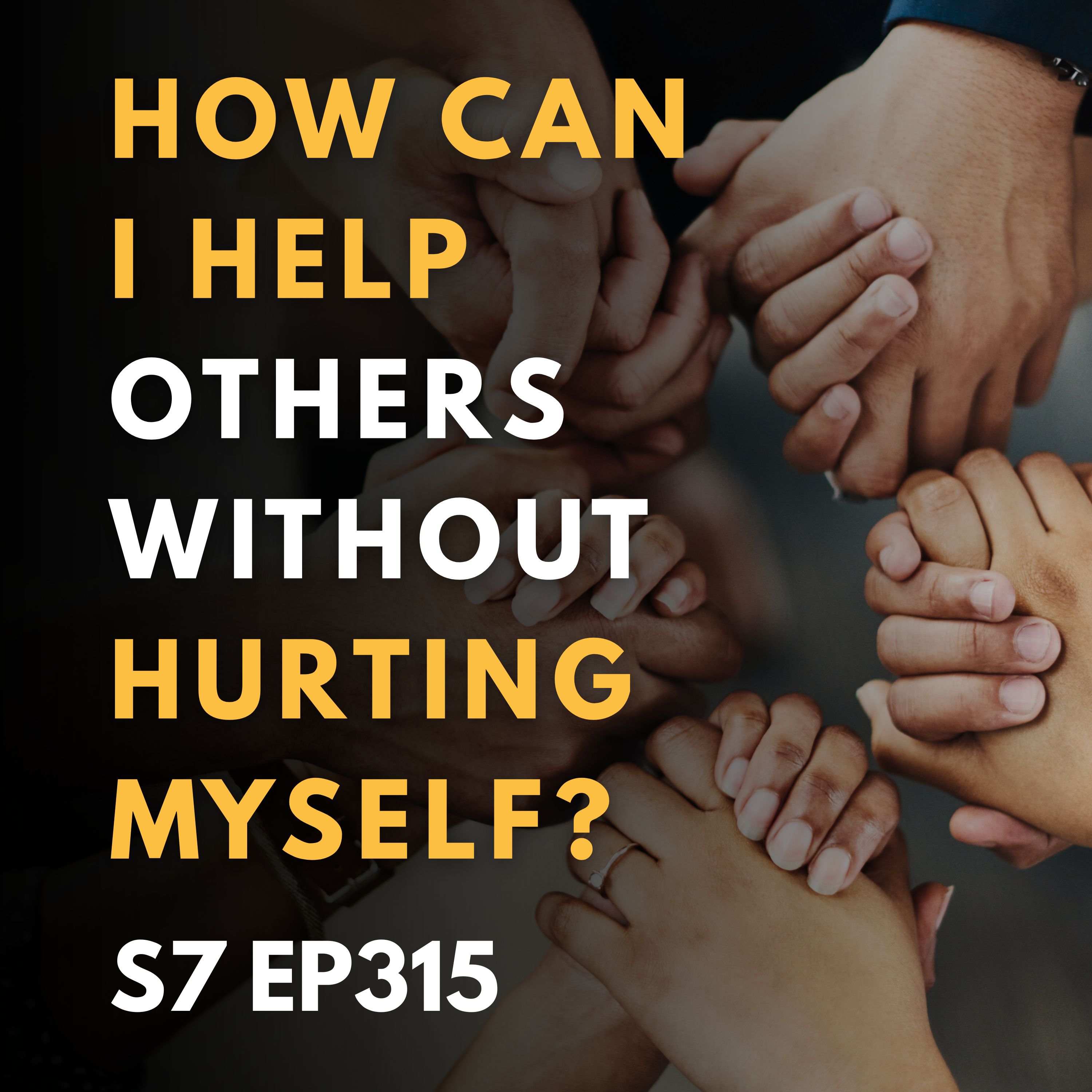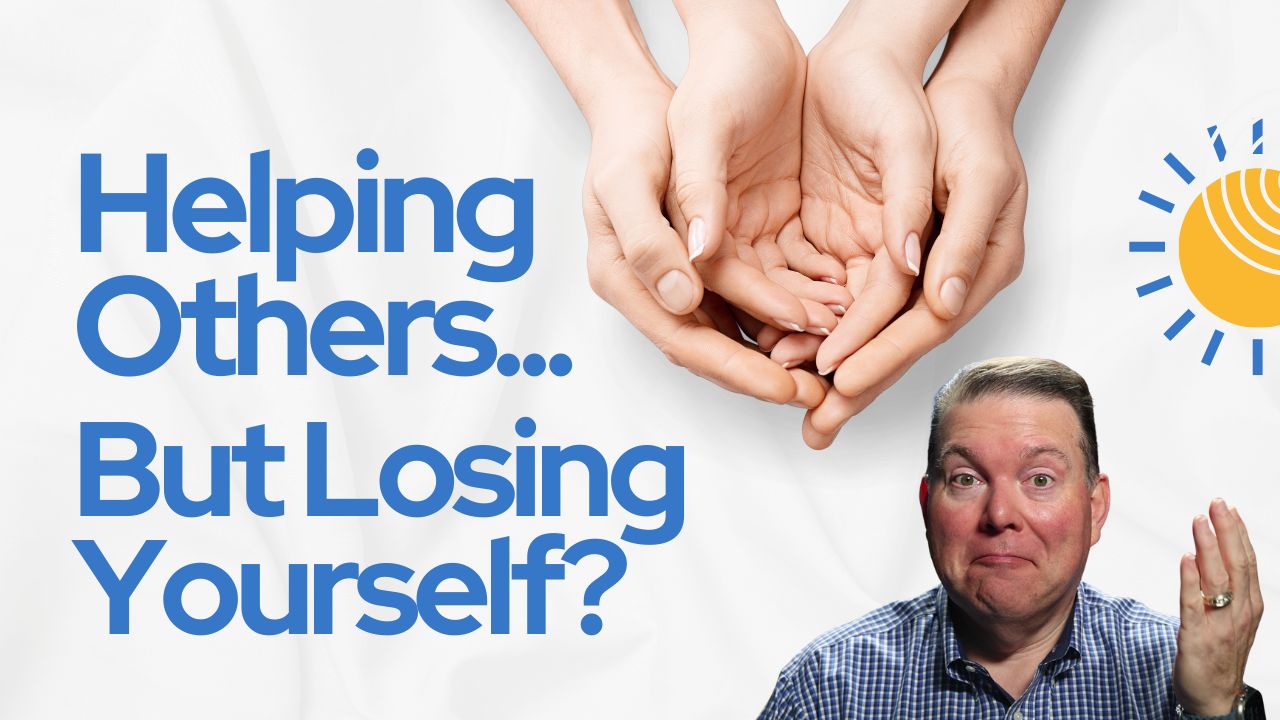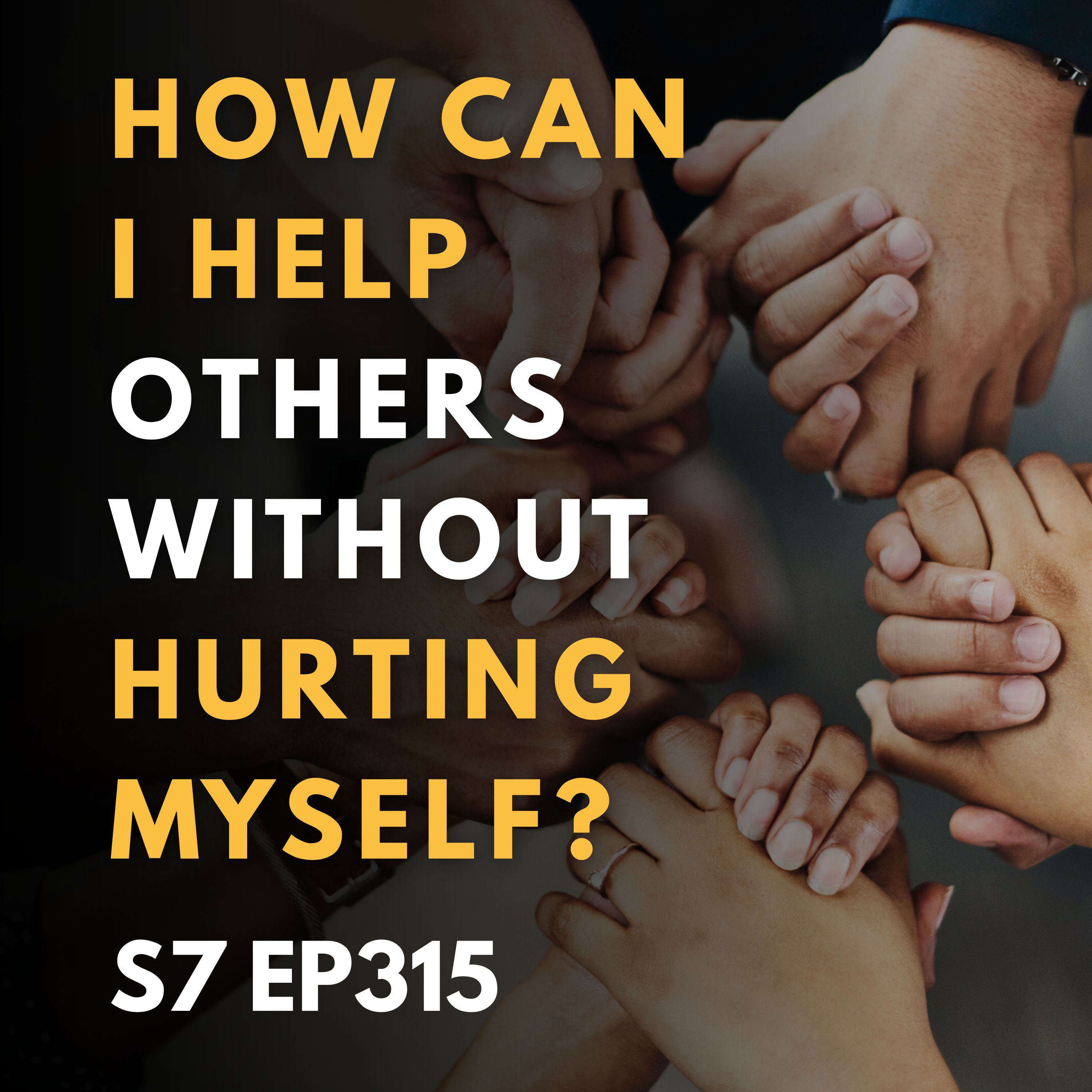Finding Balance: How to Help Others Without Hurting Yourself

Being generous, especially during the holiday season, is a wonderful trait that many of us aspire to embrace. Therefore, the question arises: how can we help others without putting ourselves in a difficult position? This is a dilemma faced by many, including parents who want the holidays to be special for their loved ones. Finding Balance: How to Help Others Without Hurting Yourself. Today, let's explore how you can maintain generosity without compromising your financial and emotional well-being.
Understanding the Tension
Generosity is beautiful, a sentiment echoed across cultures and religions, yet it can also create unwanted pressure and financial strain. My own experience reminds me of facing stress and guilt as a consequence of going beyond what I could afford. It's crucial to differentiate between generosity driven by grace and that which is driven by guilt.
Lessons from Personal Experience
I remember my father-in-law, an incredibly generous person who viewed himself as Santa Claus. Every year, he would accumulate his unused holiday leave, resulting in a substantial bonus come December, which he used to gift generously. However, his financial balance often suffered as a result, highlighting the importance of taking care of oneself while being generous.
Wise Giving
The essence of true generosity lies in benefiting both the giver and the recipient. Here's how you can achieve this balance:
- Give with Wisdom: Ensure that your generosity does not impede your financial stability. A sustainable approach to generosity nurtures a sense of fulfillment without causing stress.
- Pray and Reflect: Prayer or meditation can offer guidance in how to distribute your generosity effectively. Contributions are not solely monetary; your time, skills, and creativity can be just as impactful.
- Focus on Non-Monetary Value: Your presence, or simply a phone call, can mean much more to someone than a gift. Volunteering is another powerful way to give back.
- Avoid Debt-Funded Charity: Borrowing money to donate can create a double burden, affecting both your spiritual and financial health. Always aim to give within your means.
Intentional Generosity
It's vital to plan your donations and gifts. As you create this plan, reflect on what truly matters and establish a budget for your giving. This intentionality ensures your giving comes from a place of cheerfulness rather than compulsion.
A Scriptural Insight
Second Corinthians 9:7 encapsulates the heart of cheerful giving—deciding in your heart, without reluctance or compulsion, for God loves a cheerful giver. Cheerfulness in giving comes from intentional planning and from a desire to spread joy rather than obligation.
Taking Action
Finally, make a commitment today. Draft a giving budget or list, penning your intentions on paper. This simple act can empower you to manage your emotions and maintain control over your finances as the holiday season approaches.
Conclusion
Generosity is inherently good and fulfilling, providing it doesn't lead to financial hardship. Always remember to protect your household first before extending help. With planning and a focus on true generosity, you can find a balance that enriches both your life and the lives of those you help.
Thank you for joining me in this discussion. Go forth with confidence, and always keep the spirit of generosity aligned with wisdom and grace.













